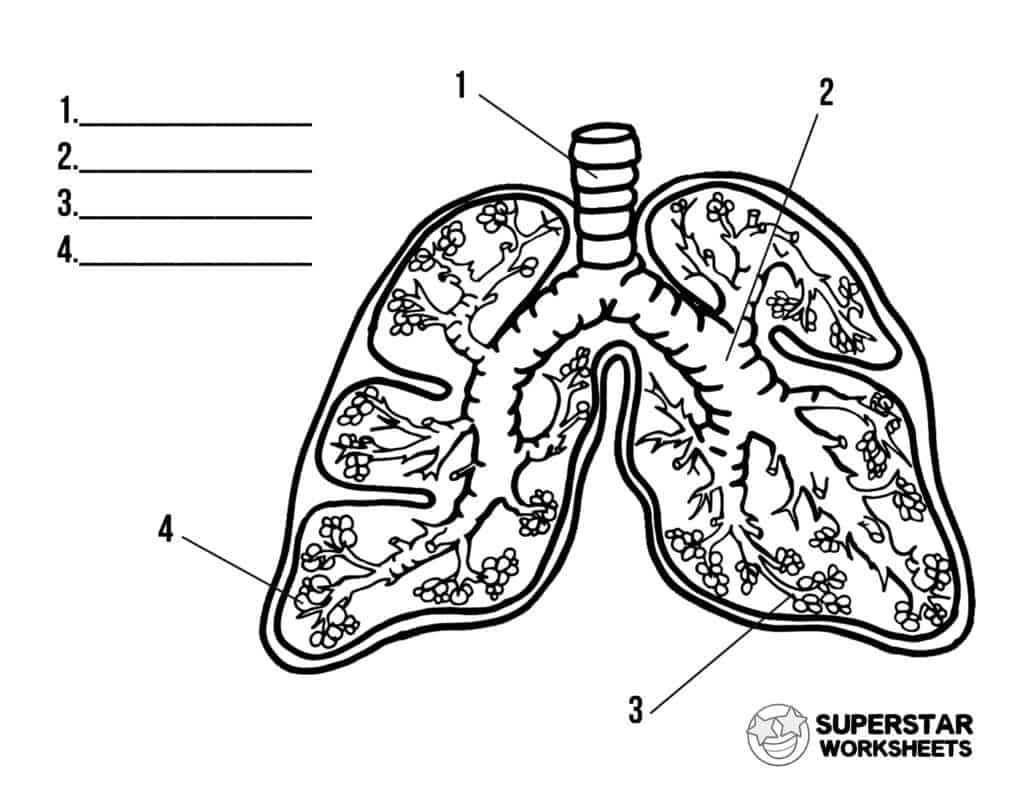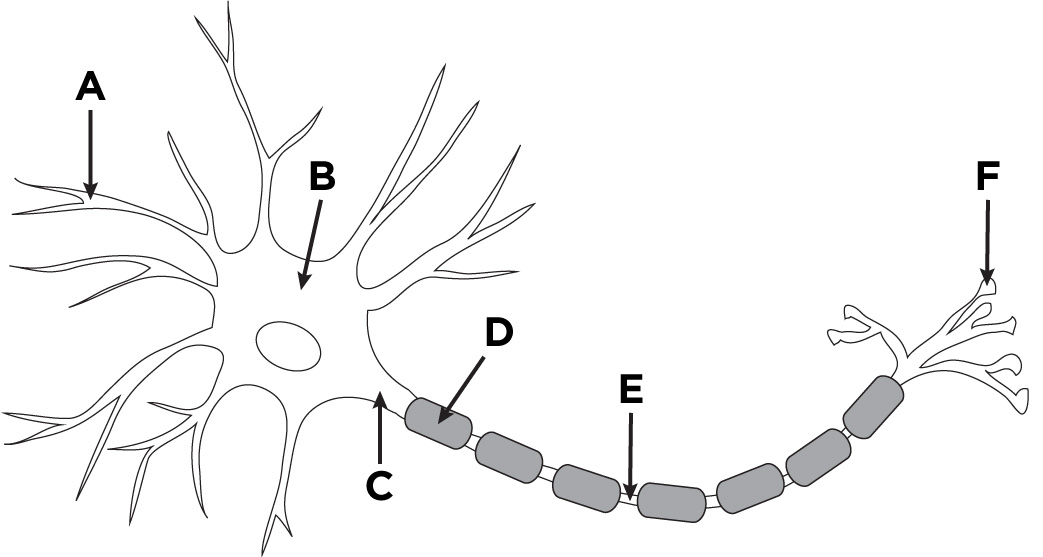Which side of your heart is responsible for pumping blood to the lungs?
Your right side.
Name all four blood types (exclude +/-).
Blood types: A, B, AB, O
What muscles are responsible for helping you breathe?
Diaphragm and the intercostal muscles.
Name one part of the lymphatic system.
Spleen, lymphatic vessels, lymph nodes, lymph, white blood cells, bone marrow, etc.
Name the major veins responsible for bringing blood back to the heart from the upper and lower body.
Superior Vena Cava and Inferior Vena Cava
Blood consistently most of:
Plasma
Which of the following is NOT part of your respiratory system?
Esophagus, Trachea, Lungs, Pharynx
Esophagus -- part of your digestive system
Name the bone #16
Tibia
What is the sequence of the components of the cardiac conduction system for an electrical impulse?
SA Node -> AV Node -> AV Bundle (Bundle of His) -> Purkinje fibers
Platelets otherwise known as thrombocytes are responsible for:
Blood clotting, preventing excessive bleeding

What part of the lungs is number 3? What is the role?
The bronchioles. Bring air to the alveoli at the ends.

What part of the brain is part C?
Cerebellum
What part of the heart is #6? What is it's function?
The left ventricle -- pump blood throughout the entire body.
Where is blood formed? What is the process called?
Within your bone marrow, the process is called hematopoiesis.
Name all the parts in order that air flows through the respiratory system during an INHALATION.
Nasal Cavity -> Pharynx -> Larynx -> Trachea -> Bronchi -> Bronchioles -> Alveoli

DAILY DOUBLE -- WORTH DOUBLE THE POINTS
Name part E.
Nodes of Ranvier
What portion of the heart is responsible for keeping blood from flowing backwards? Why is it important that blood flows in one direction only?
1. The valves
2. Ensures efficient delivery of oxygen and nutrients to the body's tissues.
Patient A comes to the emergency room in dire need of a blood transfusion. Patient A is accompanied by their sister who states that Patient A has blood type A. The patient's sister states that she is willing to donate blood and has blood type AB. Is she eligible to donate blood to the patient? Why or why not?
She is not able to donate blood. The patient's immune system would not recognize the antigen B and instead have a major immune response that could lead to death. In other words, individuals with blood type A cannot receive from individuals with blood type AB.
Bronchitis is a pulmonary illness caused by either viruses or bacteria that leads to inflammation on the bronchiole tubes. What symptoms would you expect as a result of this, name at least three?
Coughing, wheezing, chest tightness, trouble breathing, fatigue, excessive mucus.
One group member must stand up and the rest of the group needs to correctly point to where ALL of the following bones are located:
Pelvis, Humerus, Stapes
Pelvis - hip bone
Humerus - upper arm bone
Stapes - inner ear bone